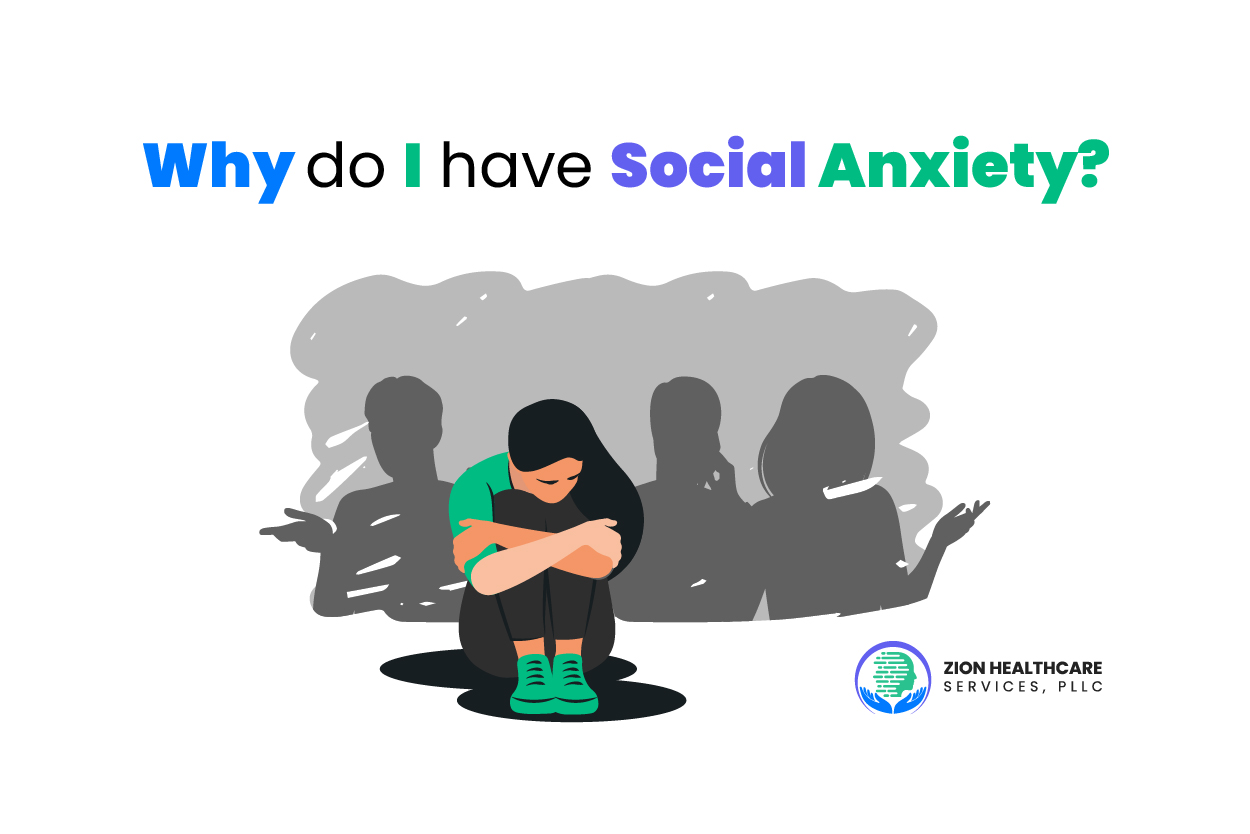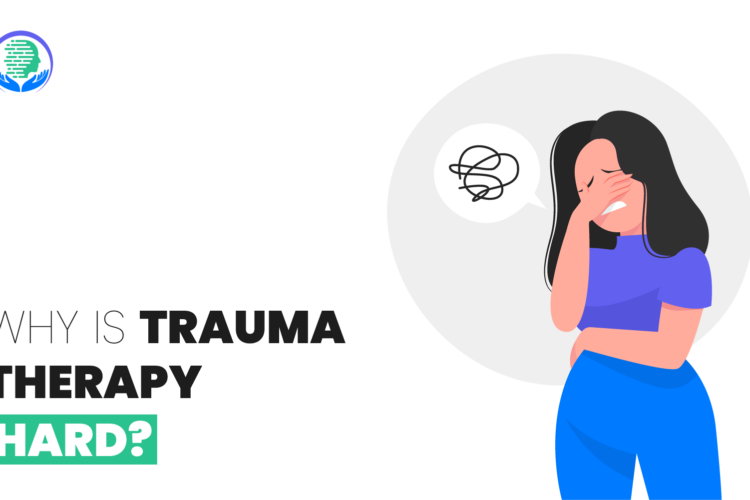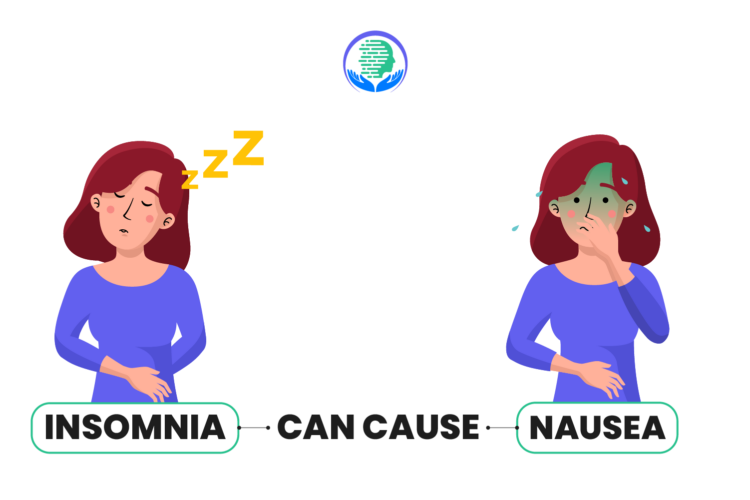
Have you ever felt extremely nervous or uncomfortable in social situations?
Or if you’ve struggled with feelings of self-consciousness around other people?
While you might feel alone in these feelings, let us assure you, you are undoubtedly not.
Social anxiety disorder – known as social phobia, affects about 15 million adults in the US, notes the Anxiety and Depression Association of America.
Social anxiety is rooted in a fear of scrutiny, humiliation, or embarrassment in social settings.
You might ask yourself: why do I have social anxiety?
This blog post will explore reasons for or causes of social anxiety, and help you understand why you might be experiencing it.
Furthermore, Zion Healthcare Services can help you overcome the social anxiety you experience. Please reach out today for support.
What Does Social Anxiety Feel Like?
Ways to describe what social anxiety often feels like are given below:
- Nervousness, unease, worry, and physical tension that often arise in anticipated or actual social situations. The body can feel stressed.
- Fear of judgment arises from a strong concern that others will evaluate, criticize, or disapprove of yourself. Fears of embarrassment, humiliation, or feeling “stupid.”
- Self-consciousness is heightened awareness of yourself and how you appear to others. You might fear consequences if others point out your flaws, shortcomings, or anxious behaviors.
- In more severe cases, social settings can trigger sudden, intense panic symptoms like a racing heart, difficulty breathing, dizziness, or nausea.
To alleviate depression and social anxiety, please contact us.
How Common Is Social Anxiety?
Social anxiety is neither rare nor uncommon.
Nearly 1 in 20 people will experience an episode at some point.
Fortunately, when properly diagnosed, it can often be successfully managed.
Social anxiety is quite common. Here are some facts about its prevalence:
- Around 15 million American adults are affected by social anxiety disorder each year. That’s approximately 8% of the U.S. population.
- It’s the third most common mental health issue in the United States, after specific phobias and major depression.
- Women are more likely than men to experience social anxiety. Estimates suggest it affects women at a rate of about twice that of men.
- Onset typically occurs during adolescence or early adulthood. However, social anxiety can develop at any point across the lifespan.
- Only about one-third of those affected receive treatment. Many suffer in silence, not realizing effective therapies are available.
- It’s one of the most prevalent psychological disorders globally. Rates tend to be consistent worldwide, affecting approximately 7-13% internationally.
What Are the Main Causes of Social Anxiety?
Why do I have social anxiety? There are few things that make your social anxiety rise.
Here are some of the main causes that contribute to social anxiety:
1. Genetics.
If a close family member has social anxiety, you’re more likely to develop it due to genetic factors.
2. Your brain chemistry.
Differences in neurotransmitter levels like serotonin and dopamine contribute to this.
Low levels impact mood and social functioning.
3. Trauma/abuse.
Stressful or traumatic life events, especially in childhood, can raise risk by shaping views of self and relationships.
4. Poor social skills.
Lacking confidence and experience in social contexts due to avoidance may perpetuate anxious feelings.
5. Self- critical thoughts.
Always focusing on negative self-evaluation keeps anxiety high in social performance situations.
6. Environmental factors.
Things like problematic family dynamics, bullying, or stressful life events heighten vulnerability to social anxiety.
Symptoms of Social Anxiety
Why do I have social anxiety? Here are some symptoms of social anxiety.
Emotional and Behavioral Symptoms
- Intense anxiety in common situations like meetings or interviews or participating in class.
- Possible panic attacks with additional symptoms of dizziness, confusion, and shortness of breath in some severe cases.
- Fear of situations where you might be judged.
- Worrying about embarrassing or humiliating yourself.
- Fear of interacting with unfamiliar people.
- Avoidance of social situations.
- Fear of physical symptoms that may embarrass you, like blushing, sweating, trembling, or having a shaky voice.
- Spending time after a social situation analyzing your performance and identifying flaws in your interactions.
- Expecting the worst possible consequences from a negative experience during a social situation.
Physical Symptoms
- Fast heartbeat.
- Upset stomach or nausea.
- Difficulty breathing.
- Dizziness or lightheadedness.
- Confusion or feeling “out of body”.
- Sweating or hot flashes.
- Trouble catching your breath.
- Dry throat and difficulty swallowing.
- Shaky voice.
- Muscle tension.
- PCalluses or sores from picking at skin (skin picking disorder).
Please visit WebMD to check for more signs of social anxiety.
Treatment Options
The right treatment depends on each individual’s needs, but focusing on both cognitions and behaviors has proven most effective at managing the underlying causes keeping social anxiety.
1. Cognitive Behavioral Therapy (CBT)
CBT is the gold standard non-medication treatment.
It helps identify and challenge anxious thoughts and teaches exposure techniques to overcome fears.
2. Medication
Certain antidepressants, such as SSRIs, can reduce physical anxiety symptoms and make cognitive changes more attainable.
The medication works best combined with therapy.
3. Exposure Therapy
Facing social situations gradually, with support, helps desensitize fears over time.
Avoidance only strengthens anxiety in the long run.
4. Group Therapy
Sharing experiences with others who understand provides perspective and fosters new social skills through practice.
5. Stress Management
Incorporating relaxation techniques such as yoga, meditation, or deep breathing helps calm the body’s response to stress.
A Note from Zion Healthcare Services
Why do I have social anxiety? There are some reasons for social anxiety, as mentioned earlier.
- Genetics likely play a role, as social anxiety often runs in families.
- Previous trauma, such as abuse, bullying, or rejection during childhood years, can shape negative views of self and others.
- Brain chemistry imbalances may increase sensitivity and worry regarding social judgment.
Temperament can reduce vulnerabilities during childhood.
Reach out to Zion Healthcare Services – our goal is to help you with your social anxiety and recommend the best course of action.
FAQs
How do I get rid of social anxiety?
Cognitive behavioral therapy can help overcome anxious thoughts and gradually increase social exposure.
Medications can ease physical symptoms, making it easier to use coping techniques.
What is the main cause of social anxiety?
There is no single cause of social anxiety.
Both genetic and environmental factors likely contribute to its development.
Experiences like trauma, criticism, or bullying can negatively impact self-esteem and social skills.
What does social anxiety feel like?
Social anxiety causes intense fear and self-consciousness in social situations.
Physical symptoms like increased heart rate, sweating, and distressing thoughts of embarrassment or scrutiny from others also contribute to the experience of social anxiety.
What are the 3 symptoms of social anxiety?
The top 3 symptoms of social anxiety are:
- Fear of negative evaluation or humiliation from others in social situations. Worrying excessively about how one is presented or judged.
- Physical symptoms of anxiety like blushing, sweating, trembling, nausea, and increased heart rate when in feared social situations.
- Avoiding social activities like dates, parties, and speaking in meetings or classes to escape anxiety and avoid embarrassment.


